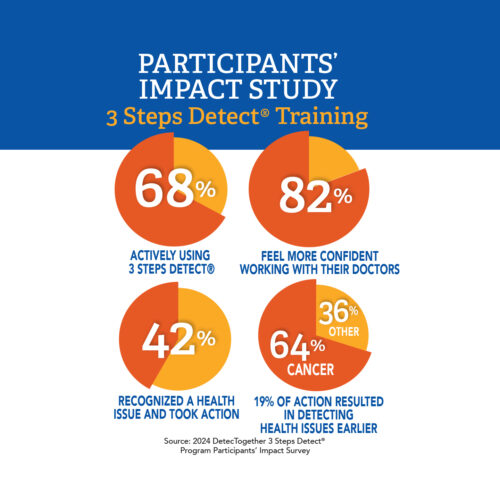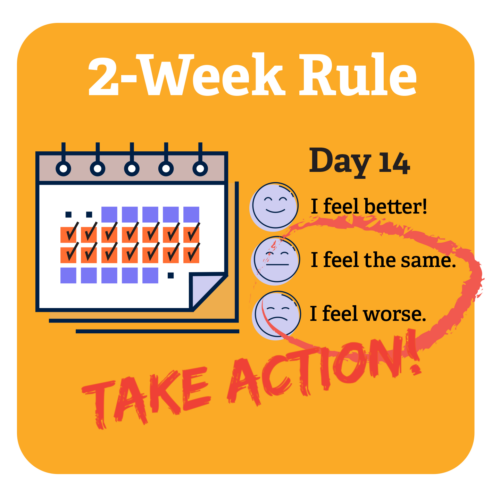
Smoking and cancer have long been related.
A study published in JAMA Internal Medicine found that at least 167,133 cancer deaths in the United States in 2014 were attributed to cigarette smoking.
That’s about a third of cancer deaths in men and a quarter in women.
Smoking is the biggest preventable cause of death from cancer and other diseases.
Of the 250 known harmful chemicals in tobacco smoke, at least 69 of them have cancer-causing qualities. But despite the known dangers of smoking, which, in addition to cancer, include heart disease, stroke, COPD, diabetes, asthma, and many more, there are still roughly 34 million smokers in the United States.
This new study revealed an interesting trend: where you live in the country may play a big role in your risk.
The proportion of cancer deaths caused by cigarette smoking varies greatly across the United States.
The study’s purpose was to draw conclusions on how geographic location impacts the rate of smoking and, as a result, cancer deaths from smoking.
The findings were very different for men and women, so we have broken them down.
For men:
Past studies have shown that men are more likely to smoke than women, and the results of the new study confirmed this.
The state of residence made a significant difference. The lowest incidence of smoking-related cancer death was 21.8% in Utah, while the highest was 39.5% in Arkansas. However, the rate of smoking-related cancer deaths was at least 30% in every state (except Utah).
For women:
The rates of smoking-related cancer deaths in women were lower across the board, with the highest of 29% in Kentucky to only 11.1% in Utah. Smoking contributed to more than 26% of all cancer deaths in five states: Kentucky, Arkansas, Tennessee, Alaska, and Nevada.
For both men and women:
The study concluded that cancer deaths attributable to cigarette smoking are likely highest in the South due to the region’s lax laws regarding smoking. The researchers concluded that in order to reduce the burden of cancer deaths, we need to take a stronger stand on tobacco control and programs:
“Increasing tobacco control funding, implementing innovative new strategies, and strengthening tobacco control policies and programs, federally and in all states and localities, might further increase smoking cessation, decrease initiation, and reduce the future burden of morbidity and mortality associated with smoking-related cancers.”
The most shocking aspect of the study:
As if these numbers weren’t startling enough, it’s important to note that the study authors cautioned that these estimates are probably lower than reality.
This is because the research was conducted on only 12 smoking-related cancers (acute myeloid leukemia and cancers of the oral cavity and pharynx; esophagus; stomach; colorectal; liver; pancreas; larynx; trachea, lung, and bronchus; cervix uteri; kidney and renal pelvis; and urinary bladder) whereas smoking can cause at least 14 types of cancer.
In addition, the study also focused only on cigarettes. This leaves out other sources of tobacco exposure, such as hookah, cigars, e-cigarettes, and second-hand smoke.
Consider quitting today!
Here are some tips from the CDC to help you quit smoking:
- Write down why you want to quit. Is it to have better health? Set a good example for your children? Or maybe to make sure you will be around for your loved ones? When it comes to quitting, it can be very helpful to set a goal that means a lot to you.
- Know that it will take the commitment. As we mentioned, trying to quit smoking is easier said than done. Nearly all smokers will have symptoms of nicotine withdrawal when they try to quit. Being aware of this will help you recognize withdrawal symptoms and work to overcome them.
- Get help if you need it. You don’t have to do it alone! In fact, your chances of quitting are better if you ask friends or family members to support you. Consider setting up a system with a good friend so that every cigarette craving is replaced with a phone call or text message. In addition to your personal network, there are professional resources available. Call the 1-800-QUIT-NOW quitline or visit the CDC’s Tips From Former Smokers™ .
- Remember that this is good news. Quitting smoking is a very important step you can take to protect your health and the health of your family.
- Learn 3 Steps Detect.






